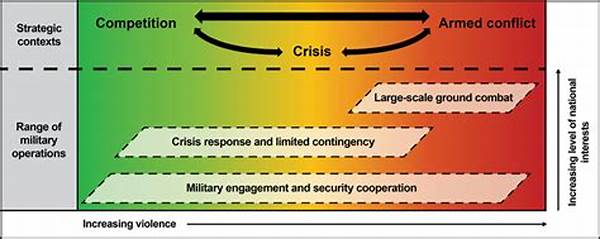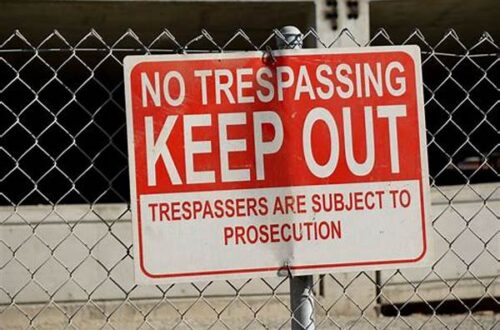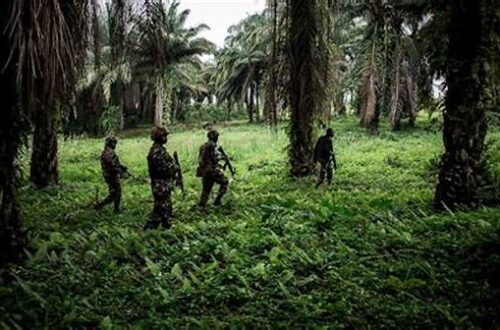In times of crises, the role of armed forces extends beyond traditional military engagements to encompass a broad array of collaborative efforts. The armed forces’ ability to cooperate effectively with both civil authorities and international allies is paramount in addressing and managing a wide variety of crises, ranging from natural disasters to geopolitical conflicts. The complexity of contemporary global challenges necessitates an adaptable and concerted approach, wherein armed forces can operate seamlessly with multiple stakeholders to ensure the safety and security of populations worldwide.
The Importance of Coordinated Efforts
Armed forces cooperation in crises is crucial in enhancing the efficiency and effectiveness of crisis management. As crises often have multifaceted impacts, they require a well-coordinated response from various sectors, including military and civil agencies. Such collaboration ensures that resources are optimally used and that response efforts are timely and effective. The integration of armed forces in a broader crisis management framework allows for better communication, the sharing of intelligence, and the alignment of objectives, all of which contribute significantly to the successful mitigation of crises. This comprehensive approach not only strengthens national resilience but also fosters international solidarity in addressing global challenges that transcend borders.
Mechanisms for Enhancing Cooperation
1. Joint Training Exercises: Joint exercises serve as a cornerstone for bolstering armed forces cooperation in crises, enabling better understanding and synchronization among participating entities.
2. Standardized Protocols: Developing and adhering to standardized protocols can facilitate smoother collaboration and reduce the potential for misunderstandings during crisis response efforts.
3. Intelligence Sharing: Armed forces cooperation in crises is greatly enhanced by the sharing of intelligence, which leads to informed decision-making and improved situational awareness.
4. Interoperability of Equipment: Ensuring that military equipment is interoperable among allies is vital for seamless operations during joint missions in crisis environments.
5. Cross-Border Collaboration: Armed forces cooperation in crises often necessitates collaboration beyond national boundaries, requiring diplomatic agreements and mutual trust among nations.
Building Resilience through Integration
The integration of armed forces into civil disaster response frameworks is a critical component in building resilience against crises. In recent years, many nations have recognized the value of leveraging military resources, such as logistics and communications infrastructure, to support civilian-led disaster responses. Through armed forces cooperation in crises, military units can lend their expertise in areas like rapid deployment, search and rescue operations, and medical support, greatly enhancing the response capabilities in times of need. This synergy not only accelerates response times but also helps to mitigate the impact of disasters on affected populations. As such, it is imperative that armed forces continue to develop their capacity for integration into civil frameworks to better serve their communities during emergencies.
Strengthening International Relations
Armed forces cooperation in crises plays a pivotal role in strengthening international relations and fostering trust among nations. In an increasingly interconnected world, no country is immune to the challenges posed by global crises, such as pandemics or climate change. By working together, countries can pool resources, knowledge, and expertise to tackle these threats more effectively. This spirit of collaboration is instrumental in building long-term partnerships and enhancing regional security. Furthermore, joint military endeavors in crisis response often serve as confidence-building measures, contributing to diplomatic dialogue and reducing tensions among participating nations.
Innovations in Military Collaboration
Technological advancements are reshaping the landscape of armed forces cooperation in crises. Emerging technologies, such as artificial intelligence and unmanned aerial systems, offer new opportunities for enhancing military effectiveness and efficiency during crises. By investing in research and development, armed forces can harness these innovations to improve situational awareness and response capabilities. Moreover, technology serves as a catalyst for deeper integration between military and civil agencies, enabling more precise and coordinated actions. As such, continued investment in technological innovation will be critical in ensuring armed forces remain adaptable and resilient in the face of future crises.
Challenges in Achieving Effective Collaboration
Despite the numerous benefits associated with armed forces cooperation in crises, several challenges persist. Differences in organizational culture, communication barriers, and varying levels of resources and capabilities can hinder effective collaboration. Additionally, legal and jurisdictional complexities may pose obstacles to seamless cooperation among military and civil entities. To overcome these challenges, it is essential to build a culture of mutual respect and understanding among stakeholders, fostering an environment conducive to open dialogue and information sharing. By addressing these challenges proactively, armed forces can enhance their ability to serve as effective partners in crisis management efforts.
Conclusion
In conclusion, armed forces cooperation in crises is an indispensable component of effective crisis management. Through coordinated efforts, joint training, and technological innovation, armed forces can significantly enhance their ability to respond to complex global challenges. While numerous benefits arise from such cooperation, addressing the inherent challenges remains essential for achieving optimal outcomes. As we navigate an era characterized by unprecedented crises, armed forces must continue to evolve their strategies and partnerships to safeguard global security and resilience. The dedication to cooperation and collaboration will ultimately determine the success of armed forces in fulfilling their critical role during crises, ensuring a safer and more stable world for future generations.





